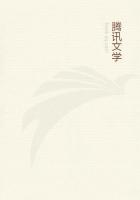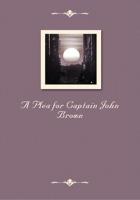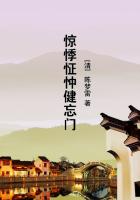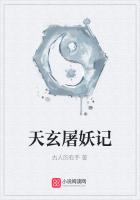The completion of the Idylls, with the patriotic epilogue, was followed by the offer of a baronetcy. Tennyson preferred that he and his wife "should remain plain Mr and Mrs," though "I hope that I have too much of the old-world loyalty not to wear my lady's favours against all comers, should you think that it would be more agreeable to her Majesty that I should do so."The Idylls ended, Tennyson in 1874 began to contemplate a drama, choosing the topic, perhaps neither popular nor in an Aristotelian sense tragic, of Mary Tudor. This play was published, and put on the stage by Sir Henry Irving in 1875. Harold followed in 1876, The Cup in 1881 (at the Lyceum), The Promise of May (at the Globe) in 1882, Becket in 1884, with The Foresters in 1892. It seems best to consider all the dramatic period of Tennyson's work, a period reached so strangely late in his career, in the sequence of the Plays. The task is one from which I shrink, as conscious of entire ignorance of the stage and of lack of enthusiasm for the drama. Great dramatic authors have, almost invariably, had long practical knowledge of the scenes and of what is behind them. Shakespeare and his contemporaries, Moliere and his contemporaries, had lived their lives on the boards and in the foyer, actors themselves, or in daily touch with actors and actresses. In the present day successful playwrights appear to live much in the world of the players. They have practical knowledge of the conventions and conditions which the stage imposes.
Neither Browning nor Mr Swinburne (to take great names) has had, it seems, much of this practical and daily experience; their dramas have been acted but rarely, if at all, and many examples prove that neither poetical genius nor the genius for prose fiction can enable men to produce plays which hold their own on the boards. This may be the fault of public taste, or partly of public taste, partly of defect in practical knowledge on the side of the authors. Of the stage, by way of practice, Tennyson had known next to nothing, yet his dramas were written to be acted, and acted some of them were.
"For himself, he was aware," says his biographer, "that he wanted intimate knowledge of the mechanical details necessary for the modern stage, although in early and middle life he had been a constant playgoer, and would keenly follow the action of a play, criticising the characterisation, incidents, scenic effects, situations, language, and dramatic points." He was quite prepared to be "edited"for acting purposes by the players. Miss Mary Anderson says that "he was ready to sacrifice even his MOST beautiful lines for the sake of a real dramatic effect."This proved unusual common-sense in a poet. Modern times and manners are notoriously unfavourable to the serious drama. In the age of the Greek tragedians, as in the days of "Eliza and our James," reading was not very common, and life was much more passed in public than among ourselves, when people go to the play for light recreation, or to be shocked. So various was the genius of Tennyson, that had he devoted himself early to the stage, and had he been backed by a manager with the enterprise and intelligence of Sir Henry Irving, it is impossible to say how much he might have done to restore the serious drama. But we cannot regret that he was occupied in his prime with other things, nor can we expect to find his noblest and most enduring work in the dramatic experiments of his latest years.
It is notable that, in his opinion, "the conditions of the dramatic art are much more complex than they were." For example, we have "the star system," which tends to allot what is, or was, technically styled "the fat," to one or two popular players. Now, a poet like Tennyson will inevitably distribute large quantities of what is most excellent to many characters, and the consequent difficulties may be appreciated by students of our fallen nature. The poet added that to be a first-rate historical playwright means much more work than formerly, seeing that "exact history" has taken the part of the "chance chronicle."This is a misfortune. The dramas of the Attic stage, with one or two exceptions, are based on myth and legend, not on history, and even in the Persae, grounded on contemporary events, AEschylus introduced the ghost of Darius, not vouched for by "exact history." Let us conceive Shakespeare writing Macbeth in an age of "exact history." Hardly any of the play would be left. Fleance and Banquo must go. Duncan becomes a young man, and far from "gracious." Macbeth appears as the defender of the legitimist prince, Lulach, against Duncan, a usurper.
Lady Macbeth is a pattern to her ***, and her lord is a clement and sagacious ruler. The witches are ruled out of the piece.

